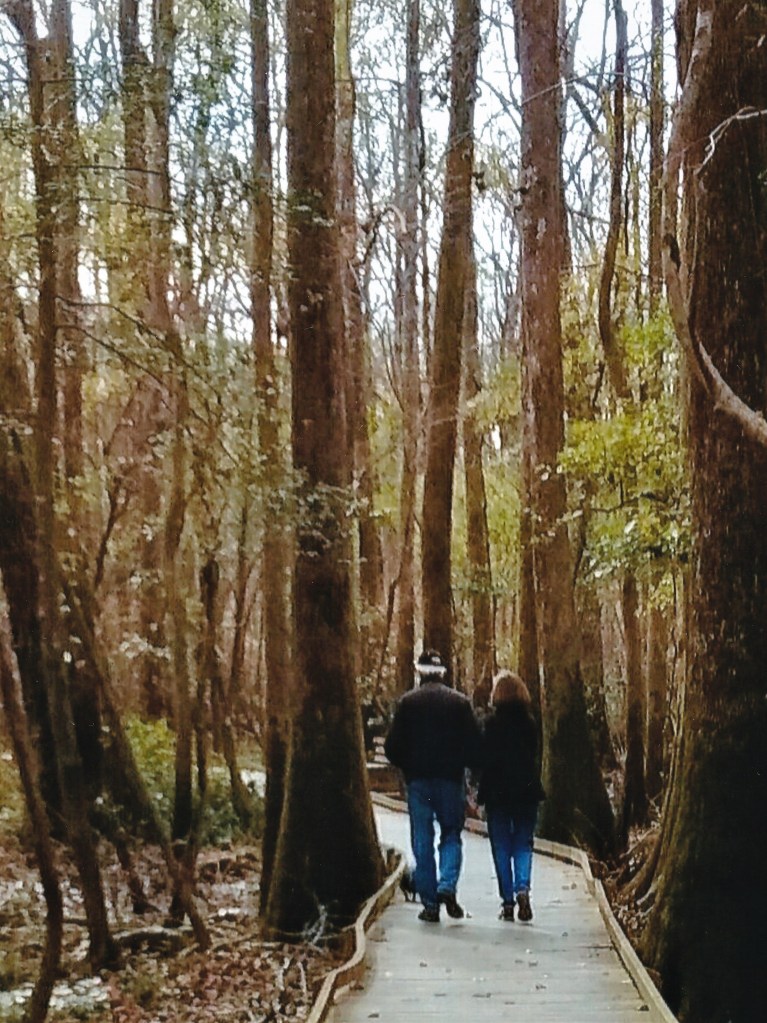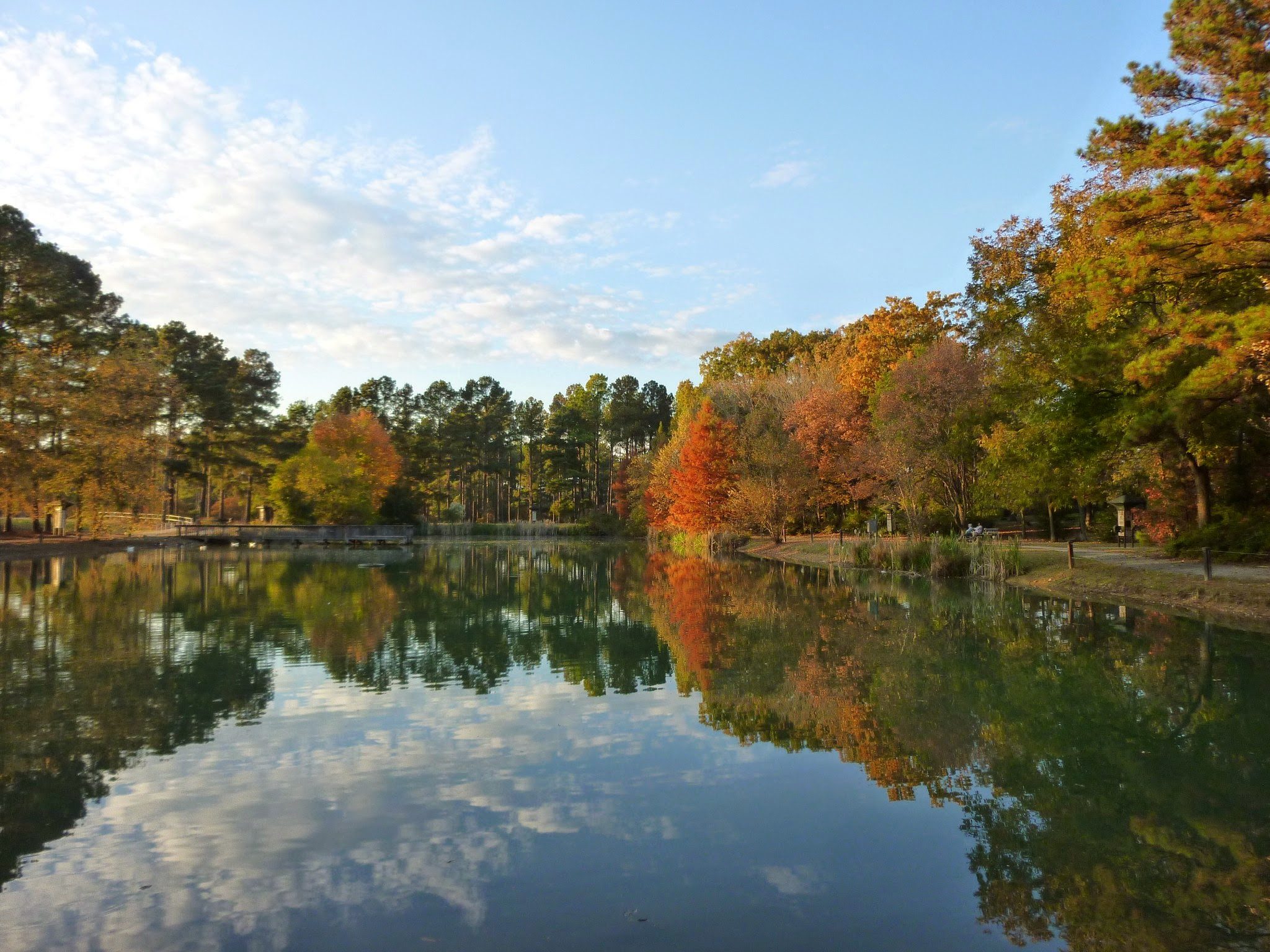
Photo: Donna Remke
I have been keeping a journal since my husband Dale was diagnosed with Alzheimer’s disease in 2010. My writing has helped me express difficult feelings, keep track of experiences, and cope with the innumerable changes that unfold with the disease. Recently I began to wonder whether my journal could be shared in ways that might also help others facing similar challenges.
As I reviewed the pages, I saw that I had used many images to describe what I was witnessing and feeling as Dale’s disease progressed. This was no surprise really, since images often come to me much more easily than words. I decided to try telling our story by pairing visual images—my photos—with reflections—my writing.
It is my hope that by sharing this way, I am carrying forward what Dale began when he accepted his diagnosis fully and openly. Because he had Alzheimer’s in his family, Dale had thought deeply about what he might do if he, too, had the disease. He sought an evaluation early, and when diagnosed, faced the disease head-on. He entered a clinical trial that involved brain surgery, not knowing for four years whether he had received treatment or placebo. Until the disease removed the memory of its presence, he told everyone he knew that he was living with Alzheimer’s. He walked bravely with that knowledge, hoping to reduce the stigma of the disease. He has been my hero all along the way.
Dale is now in middle stage Alzheimer’s. His verbal language is very limited and retention time is down to seconds. He requires guidance throughout the day and assistance with self-care. What he doesn’t need help with, though, is finding joy in the moment. He LOVES greeting and being with people, singing, dancing, and spending time with our dog, Lucky Day. Although he no longer has access to the memory of his diagnosis or understands what Alzheimer’s disease is, he continues to be an example of someone living fully with “what is.”
As Dale said in a video filmed in 2015 for a seminary course on dementia that we were a part of:
“Okay, this is it. I don’t like it. I didn’t want it. But I’ve got it. And I’m going to do the best I can with it.”
Me, too, Dale. Me, too.

Norma, what a wonderful thing for you and Dale to do. You will help countless of people and you will never see most of their faces but I know that they will appreciate your sharing. There is no greater gift than to give of yourself to help others. I look forward to reading every word and will certainly share with friends, some of them who are dealing with this issue And looking for any help they can get. Bless you both!
LikeLiked by 1 person
Thank you, Harriet! That means so much.
LikeLike
Norma, thank you. ❤️
LikeLike
Thank you, Nancy ♥️
LikeLike
Both of you are my heroes as well as my friends and neighbors. Dale’s courage in facing his disease, his unceasing joy and enthusiastic greetings, and your undying love and gentle care of him are models of commitment, sensitivity, and enduring love. The authenticity and honesty with which you travel this journey will benefit countless others, as it has benefited me.
LikeLiked by 1 person
Thank you, Kenneth. Witnessing your loving care of Linda was an honor and continues to inspire me.
LikeLiked by 1 person
So glad to see you are doing this blog. You and Dale mean so much to us. Much love.
LikeLiked by 1 person
Thank you, Teresa! Love to you and Stan ❤️
LikeLike
Thank you, Norma. As I read your words, I found myself remembering the beginnings of Dale’s journey with this disease. I remember being so impressed with his candor about having “The Big A”. I was proud of Dale for participating in the clinical study, because he wanted to be a pioneer; he wanted to contribute to the study to try to help others, not himself. Lots of support came from – and still comes from – you. Lots of love to you and Dale as the journey continues.
LikeLike
Thank you, Elyce! Lots of love to you ♥️
LikeLike
You and Dale are two of the most authentic, loving, courageous humans I know. I am moved by your love for one another and for your sharing of your powerful story. Sending light and love. ❤️
LikeLiked by 1 person
Thank you, Toni! ♥️
LikeLike
This is so wonderful! Thank you for your openness and willingness to share!
LikeLiked by 1 person
Thank you, Sheri.
LikeLike
I always think of Love and Bravery whenever I think of the two of you. Dealing with this disease has distilled you both to your essence and it is Love. And love makes you brave. Thank you both for sharing your journey with us.
LikeLiked by 1 person
Thank you, Karen. We love you!
LikeLike
Norma and Dale are champions of life and contribute everlasting images of faith, hope and charity.
We love you,
Steven
LikeLiked by 1 person
Thank you, Steven. We love you!
LikeLike